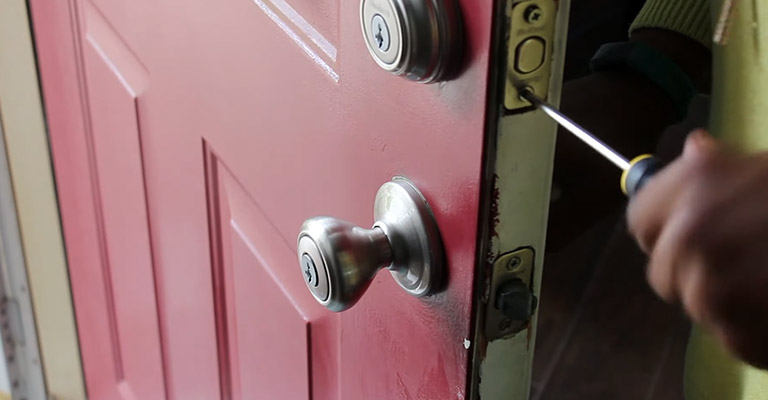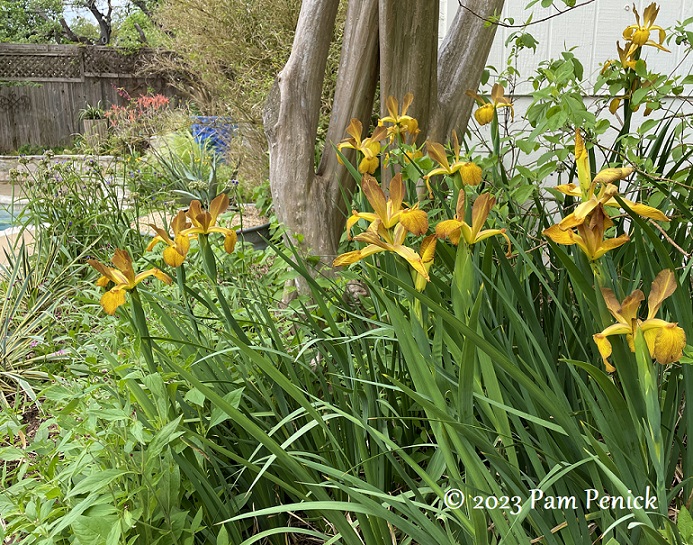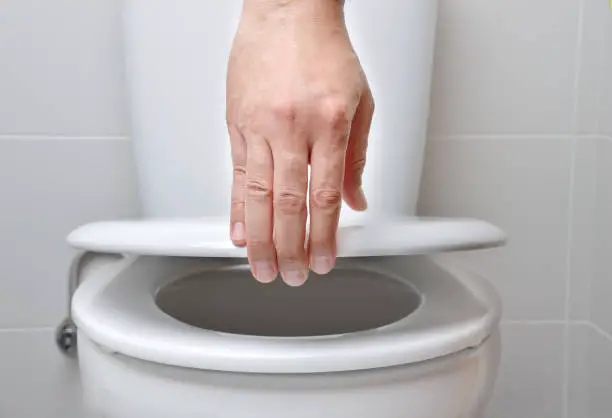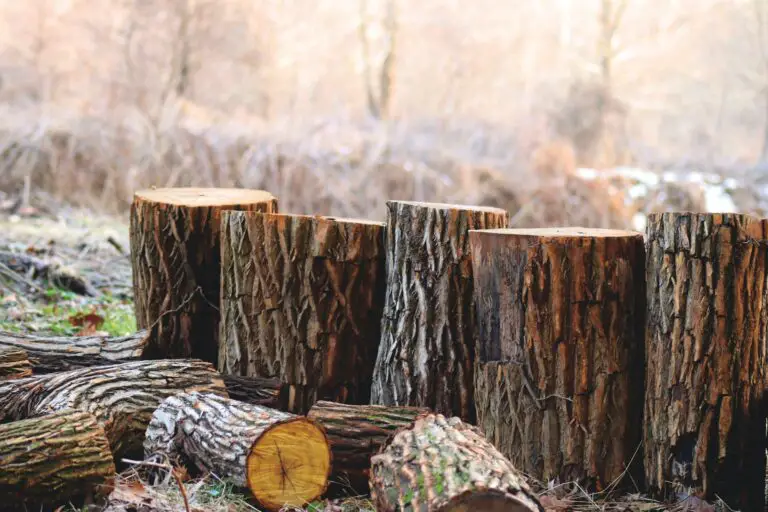How Epsom Salt Weed Killer Can Help
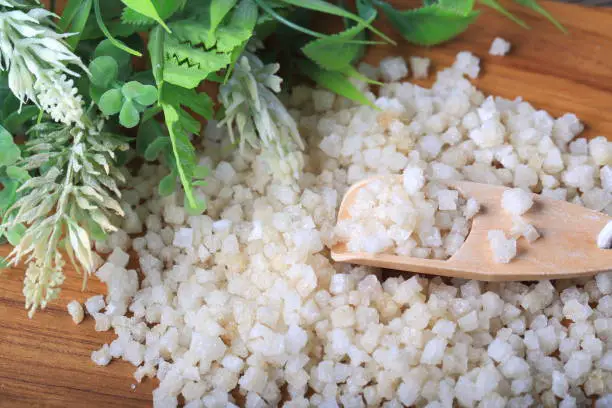
Weeds can be a persistent nuisance in gardens and lawns, often requiring a lot of effort to control. While there are numerous chemical solutions available, many gardeners are turning towards more natural and environmentally-friendly alternatives. One such solution is the use of Epsom salt, a common household item, as a weed killer. This article explores the efficacy of Epsom salt in weed control, how to use it effectively, and the potential impact on the environment.
What is Epsom Salt?
Epsom salt, scientifically known as magnesium sulfate, is a mineral compound that is widely used for various health and beauty applications. Its gardening uses, however, are often overlooked. Rich in magnesium and sulfate, Epsom salt can help improve plant growth and is sometimes used as a fertilizer. Its properties also make it a potential candidate for natural weed control.
How Does Epsom Salt Work as a Weed Killer?
Epsom salt works as a desiccant, drying out weed leaves and ultimately leading to their death. When applied correctly, it can be effective in controlling weed growth in your garden. The salt component of Epsom salt absorbs water from the plant cells, causing dehydration. This method is especially useful for spot treatment of weeds in driveways, walkways, and other non-vegetative areas.
Benefits of Using Epsom Salt for Weed Control
Using Epsom salt as a weed killer comes with several benefits. It is a natural, non-toxic alternative to chemical herbicides, making it safer for pets and children. Additionally, it’s cost-effective and easily available in most households. However, it’s crucial to understand that Epsom salt does not differentiate between weeds and other plants, so careful application is necessary.
How to Use Epsom Salt as a Weed Killer
To use Epsom salt as a weed killer, you can create a solution by mixing it with water and a small amount of dish soap, which helps the mixture adhere to the leaves. Apply this solution directly onto the weeds, being cautious to avoid surrounding plants. It’s most effective on a sunny day, as the sun accelerates the desiccation process. Another method is to sprinkle dry Epsom salt directly onto the weeds and then water it lightly to help it dissolve and penetrate.
Environmental Considerations and Limitations
While Epsom salt is a natural product, it’s essential to use it responsibly. Overuse can lead to soil salinity issues, which might harm beneficial soil organisms and affect the overall soil health. It’s also not a selective herbicide, meaning it can harm your desired plants if not applied carefully. As with any weed control method, understanding the specific needs of your garden and the potential impact on the environment is key.
Practical Tips for Using Epsom Salt in Your Garden
In addition to its use as a weed killer, Epsom salt can play other beneficial roles in your garden. It’s known to enhance the vibrancy of flowers and the production of fruits and vegetables due to its magnesium content. To utilize Epsom salt as a fertilizer, you can sprinkle it around the base of your plants or dissolve it in water and use it as a foliar spray. This can boost the overall health of your plants, making them less susceptible to weed competition and pests.
Common Misconceptions About Epsom Salt
It’s important to address some common misconceptions about Epsom salt. Despite its benefits, Epsom salt is not a cure-all for garden problems. Its effectiveness varies depending on soil conditions and plant types. Overuse can lead to a buildup of magnesium, which can disrupt the nutrient balance in the soil. Always conduct a soil test before applying Epsom salt extensively as a fertilizer or weed killer.
Frequently Asked Questions (FAQs)
1. Is Epsom salt safe for all plants?
While Epsom salt is safe for many plants, some are sensitive to it. It’s best to research or consult a gardening expert before application.
2. How often should I apply Epsom salt to weeds?
Use it sparingly and only as needed for weed control, as overuse can harm the soil.
3. Can Epsom salt affect pets or wildlife?
Epsom salt is generally safe for pets and wildlife, but it’s always a good idea to keep them away from treated areas until the salt is absorbed or washed away.
Final Thoughts
Epsom salts, when used wisely, can be an effective weed killer, providing a more natural alternative to chemical options. By incorporating ingredients like liquid dish soap, which helps the solution adhere to the plants, and vinegar, known for its acidic properties that can kill weeds, you can create a potent homemade weed killer. Homemade vinegar weed killers, often a blend of vinegar and Epsom salt, have gained popularity among gardeners seeking natural solutions.
However, it’s important to remember that such mixtures, especially those containing table salt or vinegar, can also harm the soil and desirable plants. Therefore, careful application is key, preferably using a spray bottle for targeted application. Mixing vinegar with Epsom salt can create an effective DIY weed killer, but understanding the balance and impact on your garden’s ecosystem is crucial. When considering options to kill weeds, natural weed killers like Epsom salt and vinegar provide a DIY approach that many gardeners find appealing.
These solutions offer a way to tackle the problem of killing weeds without resorting to harsh chemicals. However, it’s essential to note that natural does not always mean harmless. For instance, using vinegar to kill grass and weeds can also affect the soil pH and surrounding plant life. Therefore, the application of any natural weed killer, including those made from vinegar and Epsom salt, should be done with caution and awareness of the broader environmental impact. In the quest for a green and flourishing garden, understanding the effects of various methods is vital for both the health of your plants and the environment.


